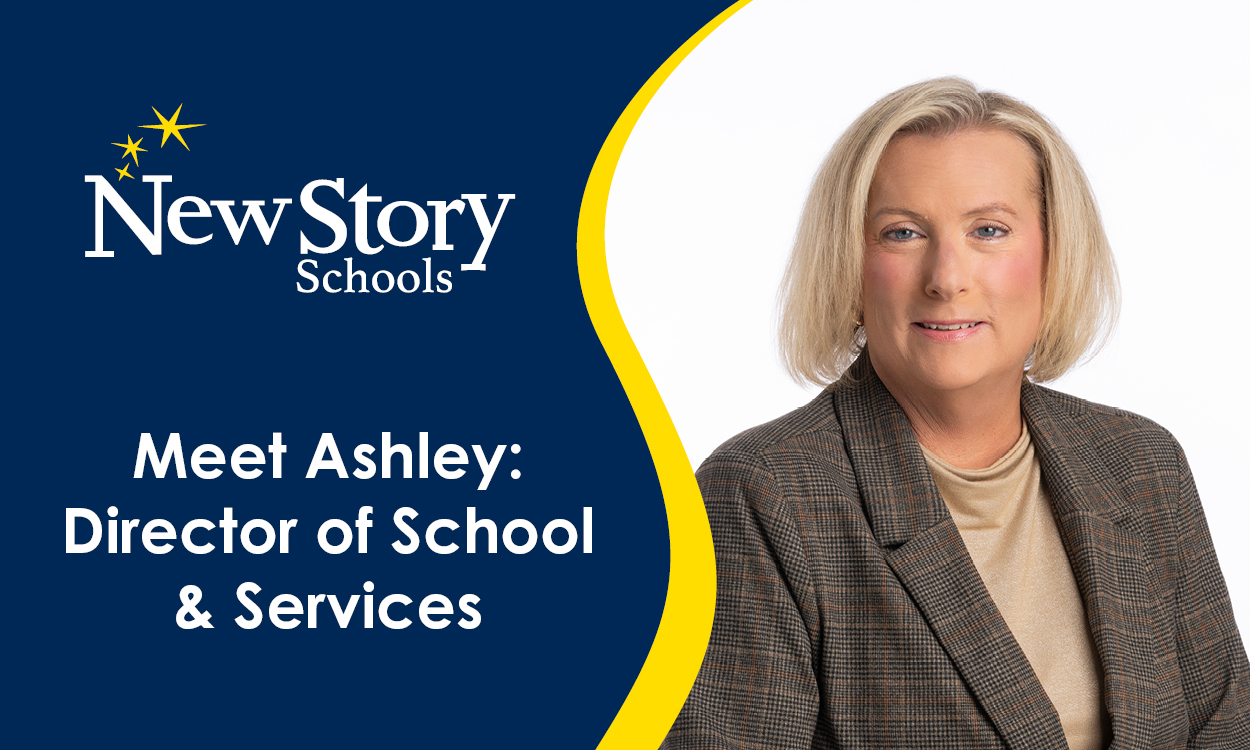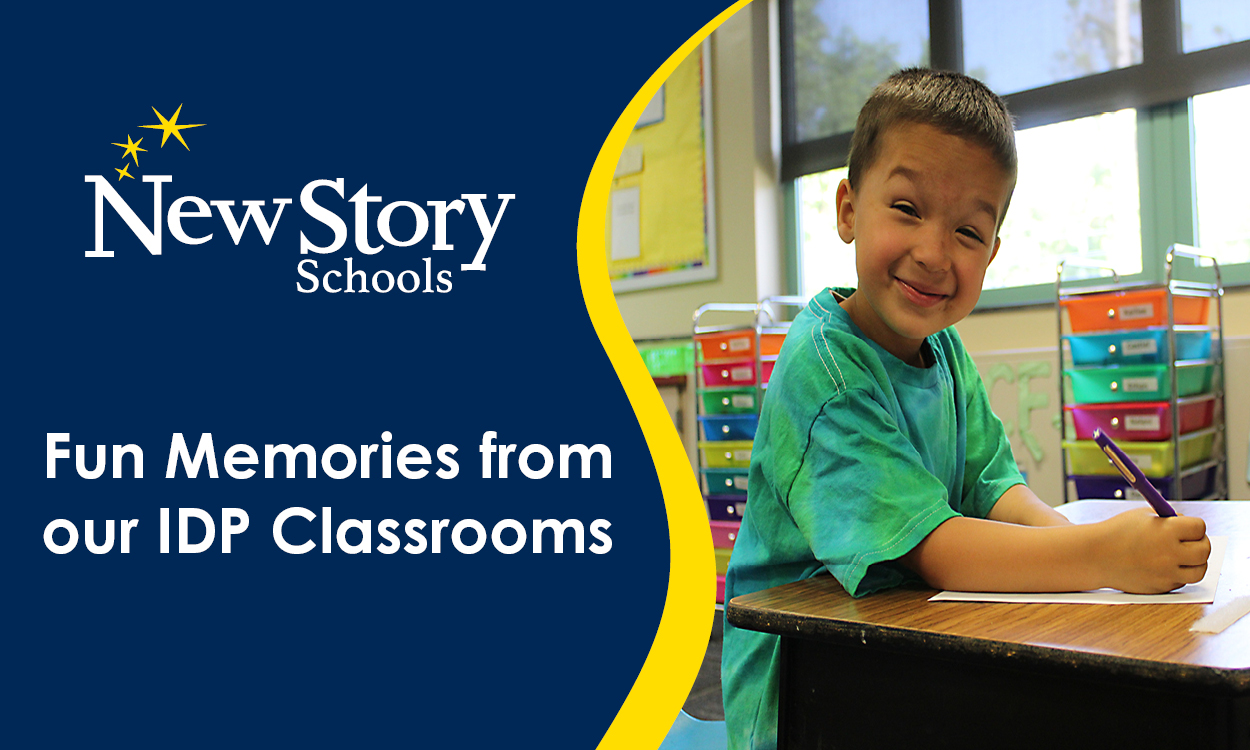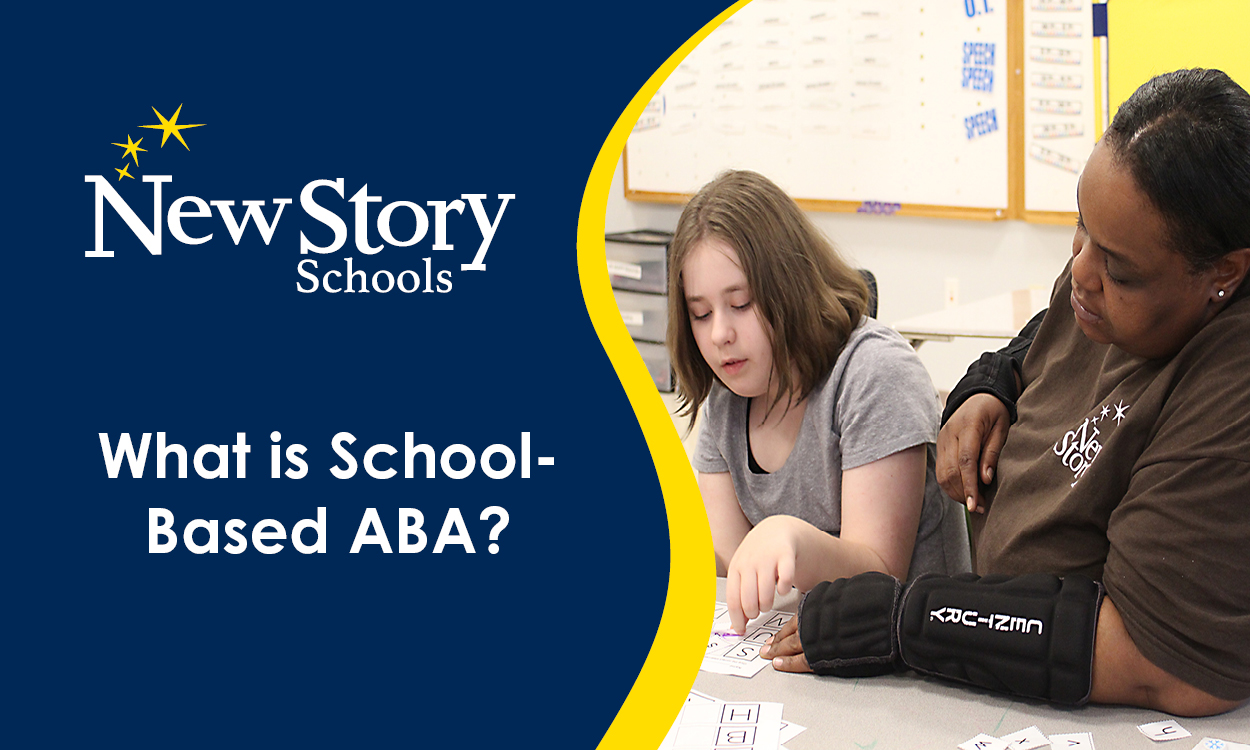The Importance of a Student-Centered Culture and the Impact on Your Child's Learning
Posted: October 18, 2022 | Written By: Mark Warren | Category:

This two-part blog series will explore the importance of a student-centered culture for students with serious and complex challenges. Read more about how families can identify whether they are selecting a school with a student-centered culture for their child or young adult.
What is a student-centered culture?
A student-centered culture is when a student’s needs are put first, and are the driver for the education, programming, spaces, and support in a school setting. It may sound simple, but each child and young adult has unique needs that can change from one day to the next.
An indicator of a student-centered culture in action is when school team members build strong collaboration with families to best understand the needs of each student and responds to those needs accordingly. For example, a child or young adult with autism spectrum disorder (ASD) may not be able to communicate verbally. A student-centered culture would create an environment that supports alternative means of communication, ensures staff are equipped to work within a student’s limitations, and provides tools that assist in communication like speech output devices.
What should families be on the lookout for when choosing a special education private school to ensure it has a student-centered culture?
According to Abraham Maslow’s hierarchy of needs there are five basic things that every person needs to be fulfilled. If you are a parent looking to place your child in a school with a student-centered culture, start by looking for one that strives to meet these needs.
- Physiological needs: Is your student being fed and nourished properly at school?
- Safety needs: Does your child feel safe in their school environment? Do they feel like they can trust staff to treat them with dignity and respect?
- Love and belonging needs: Do staff work to foster a sense of belonging and try to form connections with your child?
- Esteem needs: Do they build up your child by encouraging them and recognizing their growth and progress? Do they celebrate your child’s accomplishments, no matter how small?
- Self-actualization needs: Do staff help your child to believe in themselves and motivate them to reach their full potential?
It is important for families considering a special education school to tour different schools and meet with the staff to better understand the culture. Look for ways that the school engages with their students and how their different activities and programs are tailored to each student.
How does having a student-centered culture ensure special education students receive the learning and support they need?
Special education students have Individualized Education Plans (IEP’s) that are unique to each child. In those IEP’s, there are yearly goals for the child to achieve in areas including behavior, social skills, and independent living skills, that should be consistently considered and practiced ensuring progress. Each student also has accommodations, which are extra supports they may need, such as flexible scheduling, having someone read aloud to them, speech therapy, occupational therapy, and more.
It is crucial that parents are a part of developing a student’s IEP goals and accommodations so that they are aware of the treatment plan and can discuss the child’s strengths and areas of concern. If the student has social and communication goals, it is always helpful if parents are actively working on reinforcing those goals at home.
When both parents and educators work together to put the student first, a student-centered culture is the result. When this happens, students receive the learning and support they need to live a successful and fulfilling life.
Want to be notified of new articles and resources from New Story Schools? Submit your email and opt into our newsletter!









